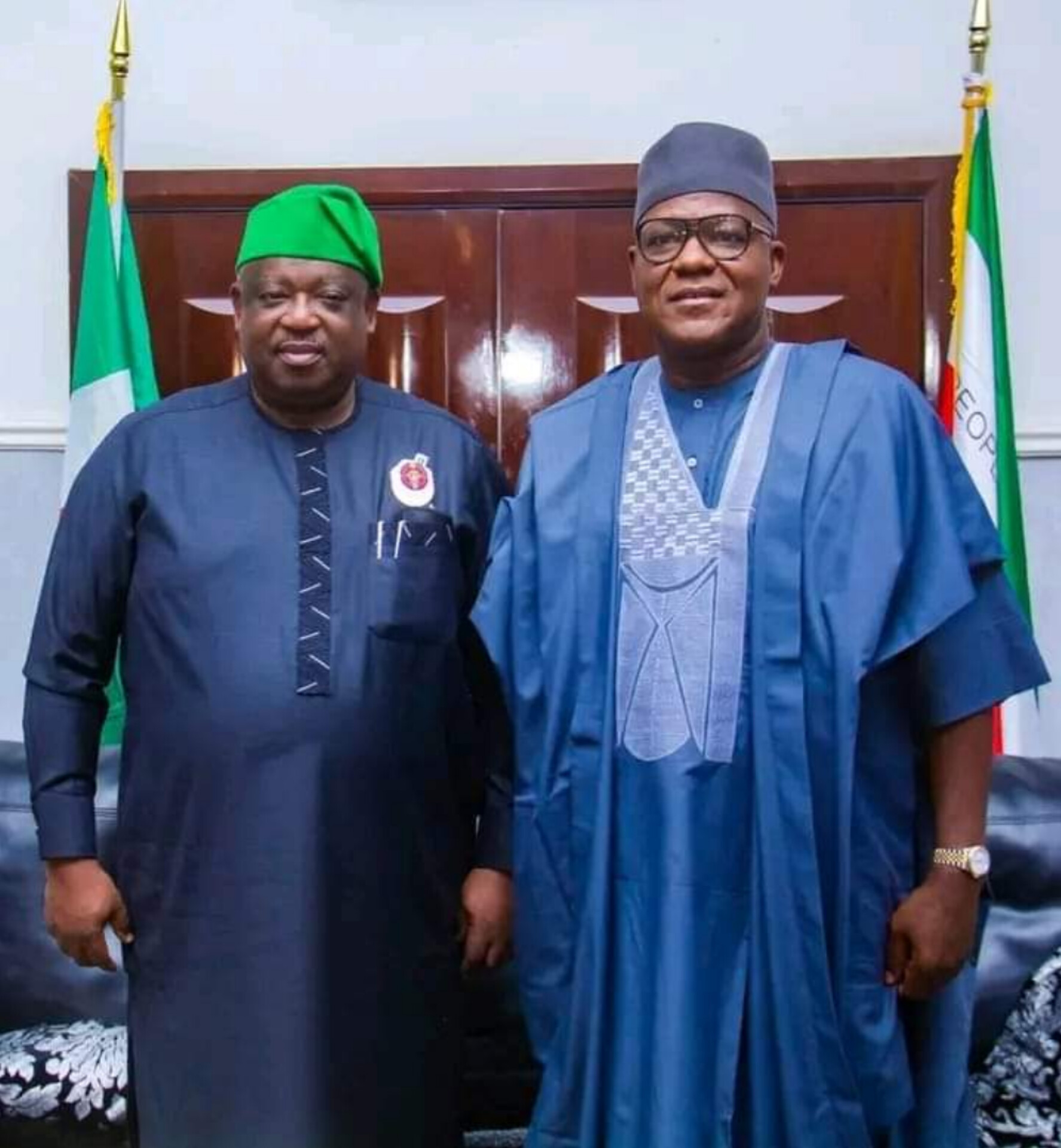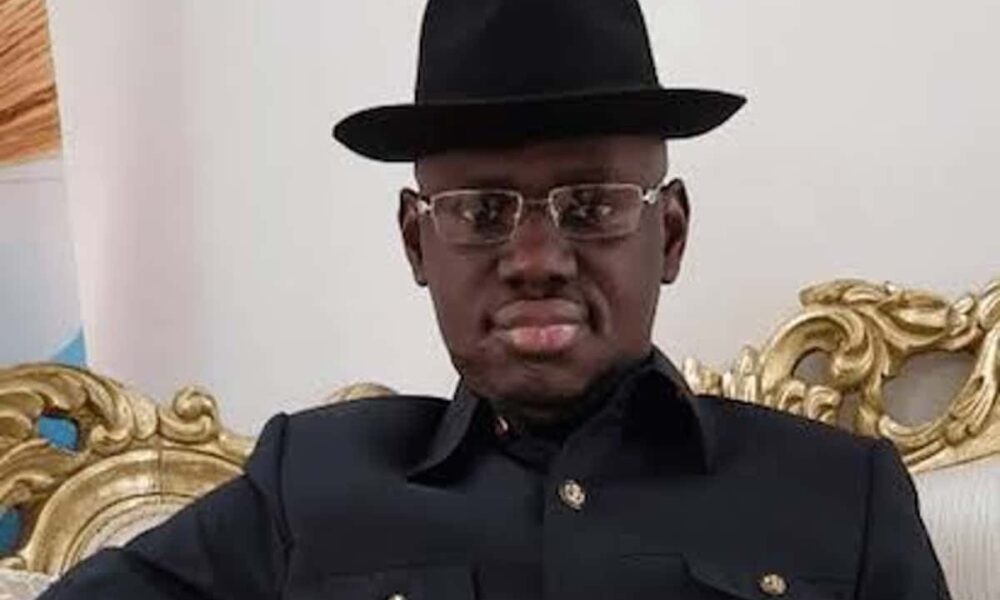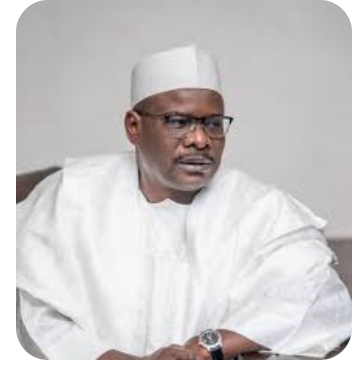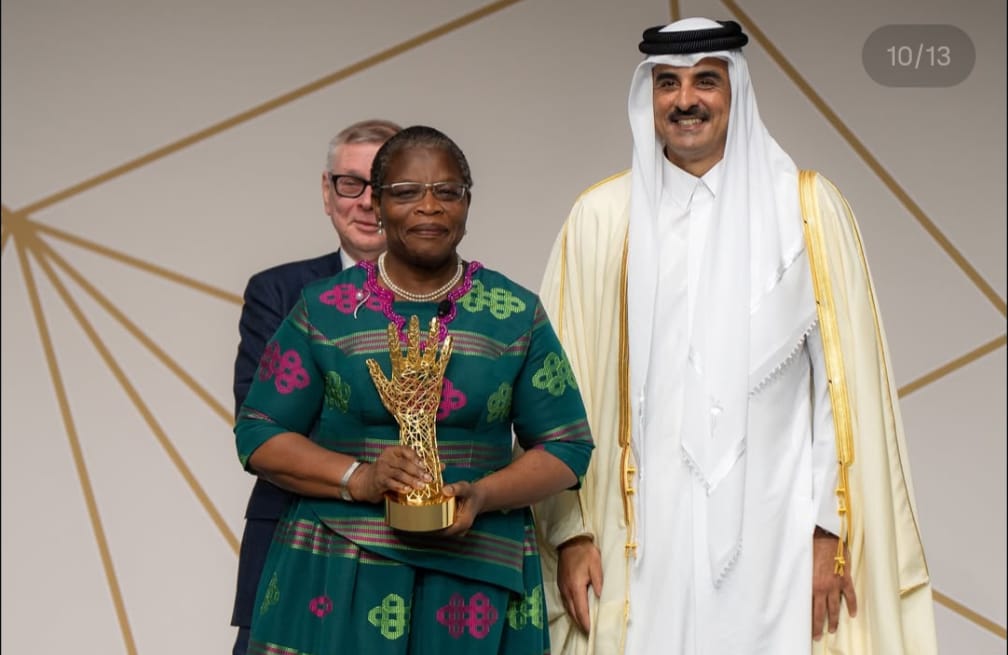***Says Killers want to “upend our ways of life”
Dont follow the ignoble path of your predecessors who only mourned victims of killings in press statements, thereby reducing themselves to mourners-in-chief instead of taking responsibility as commanders-in-chief, Rt. Hon. Yakubu Dogara has admonished President Bola Ahmed Tinubu
He gave the advice when he led some serving and former members of the House of Representatives on a condolence visit to Governor Caleb Mutfwang on Saturday in Jos, Plateau State over the recent genocide that claimed about 200 people in Bokkos and Barkin Ladi local government areas.

He urged the President to rise to the occasion and use every available coersive apparatus to locate the perpetrators and sponsors of violence across the country and bring them to justice.
Hon Dogara maintained that those responsible for the genocide and orgy of violence are all out to end our ways of life and must be not be allowed.
“The perpetrators of these violence are not just crazy but are very dangerous, and the truth is that they won’t just stop until we stop them. We must stop them. Who has the responsibility to stop them? It is the commander-in-chief, but previously, they reduced themselves to mourners-in-chief instead.
“It means using whatever coersive security apparatus we have as a nation to locate where these perpetrators are and their sponsors wherever they are littered in the ungoverned spaces that we have in Nigeria whether in Plateau, Nasarawa, Benue, Katsina, Zamfara, Sokoto or in southern Kaduna or in the south, we must locate them and after locating them, the commander-in-chief must take justice to them or bring them to justice.”
Continuing he said, “The failure to either take justice to them or bring them to justice has always been the bane of the fight against terrorism and violence in Nigeria because it emboldens them. If they will kill on the Plateau and go scot-free, why won’t they kill in any other state in the North and in the South?
“Failure to act at that level is more or less an incentive for them to continue to deploy this unbridled violence on the people. So, my call, therefore, is to the President to rise up and for him to know that condolences at this moment, whether on the Plateau or elsewhere in the country, are better given in form of decisive action against the perpetrators of these violence and not by mere words.
“It beats my imagination as to why these things are happening in a country like Nigeria; violence, sponsors of violence and those who actually participate in it. We may not know the reasons why they do this, as is the case with Plateau, but we can not deny that they want to upend our ways of life.
“I read some commentaries of people who were trying to allude to politics which sought to lay the blame on the corridors of this State House, but we all know that although you are the Chief Security Officer of the state, you do not command or control any troops. Except for those who don’t know how the federation of Nigeria is structured.
“Obviously, we have heard your passion about ending this circle of violence even during the campaigns, and we have seen how you are pursuing the issue of peace on the Plateau. We know how passionate you are, but if you don’t have the troops to deploy, you are reduced to just passing information, and if it is not acted upon, then what do you do?
“We are here to extend our heartfelt condolences to you, the people of Plateau State and especially the families of the victims of this unfortunate act of terrorism that was visited on the Plateau. We pray that our God, who is the God of all comfort, will comfort you all. We pray for the end of this kind of violence on the Plateau and also in Nigeria.”
Responding, Governor Caleb Muftwan who expressed gratitude to the former Speaker for always identifying with Plateau state, urged him not to be silent but to keep pushing for the interest of the people.
“There is a delibrate orchatrated plan to cause mayhem so as to discomfit us. We may be knocked down, but we are not knocked out. Our spirits are not broken. God has placed us where we are, and He will preserve us, ” He said.
He regretted that killings have continued unabated on the Plateau for years and argued that Nigeria risk becoming like Somalia.
“It is unforntate that this circle has continued for years. We are praying that as a nation we will get it right so that we toe the path of justice so that we don’t allow people to slip into self-help because once we allow the people to go into self help, we will become another Somalia.
“I think I can with all boldness say that I see a desire for a shift with the current president. I see a desire to change the narratives to rewrite the story and get things right. I have Interracted with him a couple of times, and I think he carries a burden to end this violence. What we need is a mass of critical leaders to rally round him to be able to expand his scope so that he understands the root and immediate causes of these problems and to proffer solutions.
“There is an economy that has been built around this insecurity. We need to know who the financiers are and who paid for the hundreds of AK47 rifles? Where did they get them from? ”
Governor Mutfwang also reiterated the commitment of his administration to in collaboration with the Federal Government to bring to an end the carnage and decades of attacks that have claimed several lives in Plateau State.
He concluded his remarks by commiserating with the former Speaker over the transition to glory of his mother and prayed God to grant him the fortitude to bear the irreparable loss.




